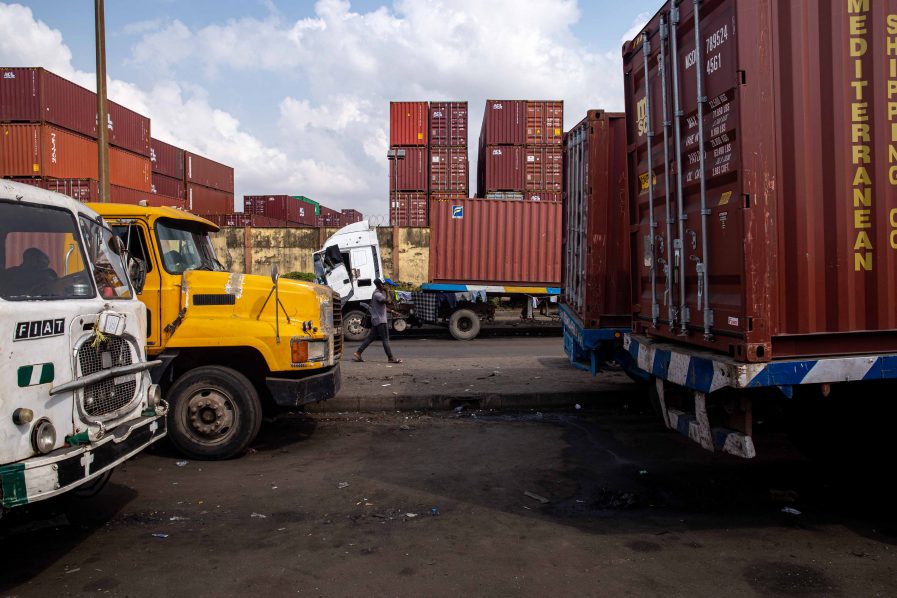
The Guardian investigation revealed that it now costs between N1.8 million and N2.3 million to move a 40-foot container from Apapa or Tin-Can Island ports to major markets in Kano, Kaduna, Abuja and Anambra States compared to about N1.2 million paid by importers last year. That puts the increase at between 50 and 92 per cent or an average of 71 per cent.
The 20-foot containers, which were between N500,000 and N600,000, now cost about N900,000 and N1 million to the same locations in the country.
Findings show that the cost of diesel moved up five times in the last six years from less than N200 per litre in 2015 to between N800 to N850 per litre currently.
According to industry analysts, this development is mounting serious pressure on transporters, thereby, resulting in the high cost of transporting containers, especially for the long-distance locations.
The Managing Director of Gold-Link Investment Limited, a Lagos-based clearing and forwarding firm, confirmed that his company recently cleared and loaded a 40-foot container from Apapa to Kano and paid N2.3 million as haulage cost.
According to him, transporters complained of the high cost of diesel used to deliver the container to the importers’ warehouses in the North or the Eastern part of the country.
“Transporters claim that they spend a substantial amount of money buying diesel to power their trucks. The person that moved my container from Lagos to Kano claimed he had to spend between N500,000 and N900,000 on diesel alone,” he said.
Confirming this, the Chairman of the Association of Maritime Truck Owners (AMATO), Remi Ogungbemi, said the increasing cost of diesel has negatively affected businesses and made it difficult for truckers to grow.
He also noted that the cost of running a transportation business within the port environment has increased due to the impact of extortion on the haulage business.
Ogungbemi further stated that the high inflation, which stands at about 21 per cent, is affecting the trucking business as the costs of spare parts have continued to go up, making it near impossible for operators and owners to maintain the trucks.
A truck driver, Bola Adewale, said the development is eating into the bottom line of port haulage operators, forcing many to quit due to the inability to sustain the business.
Industry analysts, however, believe that the increasing cost of evacuating containers from the seaport to the importers’ warehouses, particularly those in the hinterland, has emphasised the need to overhaul the nation’s rail system to take its quota in the movement of goods.
To them, container haulage by rail is far cheaper when compared to the costs of moving containers via the road, which presently handles about 90 per cent of all import and export goods in Nigeria.
Confirming this, the Managing Director of Dala Inland Dry Port in Kano, Ahmed Rabiu, said the evacuation of containers by rail will bring down the cost of transporting containers from Lagos to Kano by road from over N1.2 million to not more than N200,000 per box.
According to him, rail is not only cost-effective but also tends to reduce the loss of containers and goods in transit from Lagos to Kano.
The Managing Director of Inland Containers Nigeria Limited (ICNL), Ismail Yusuf, lamented that the rise in the cost of diesel increased the cost of taking a truck from Lagos to Kano to about N1.6 million and N1.4 million to Kaduna.
He said this situation, when compared with rail movement, is more than 400 per cent increase, noting that rail does not charge more than N400,000 or N500,000.



